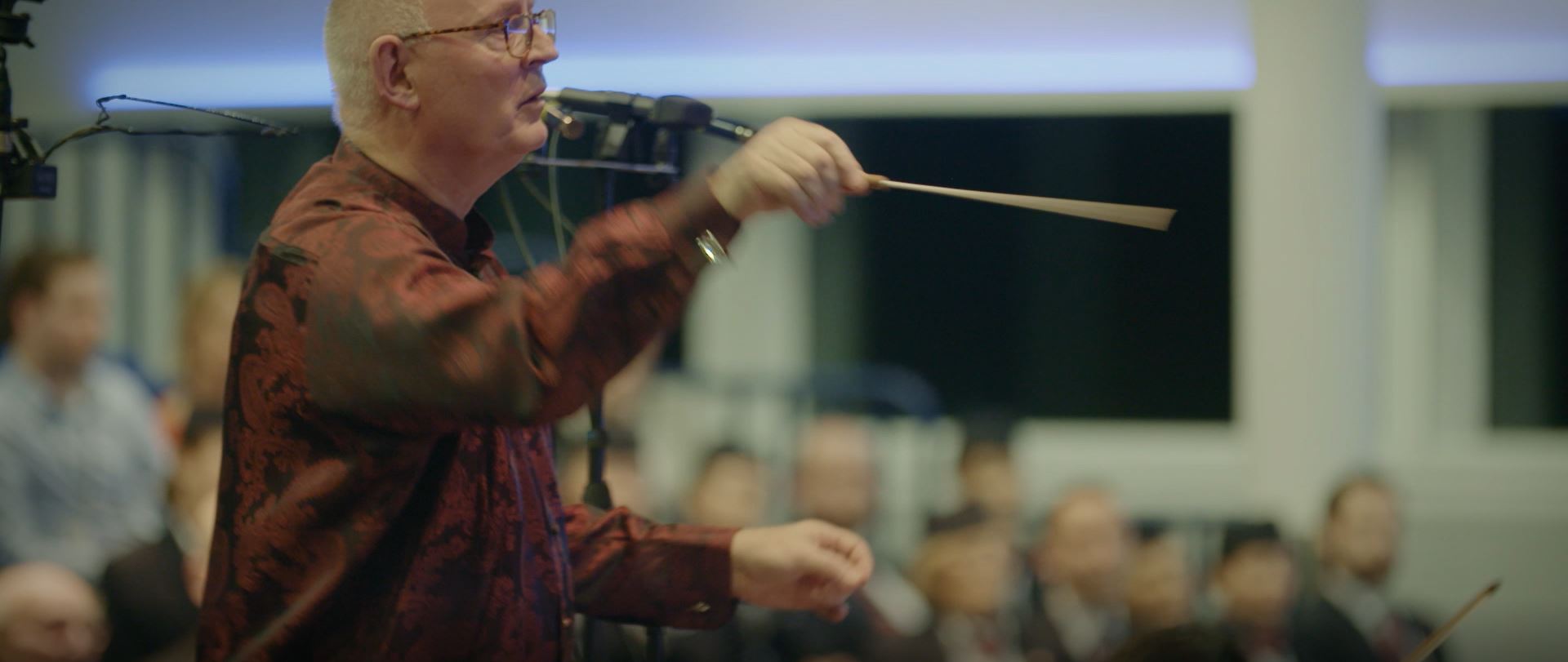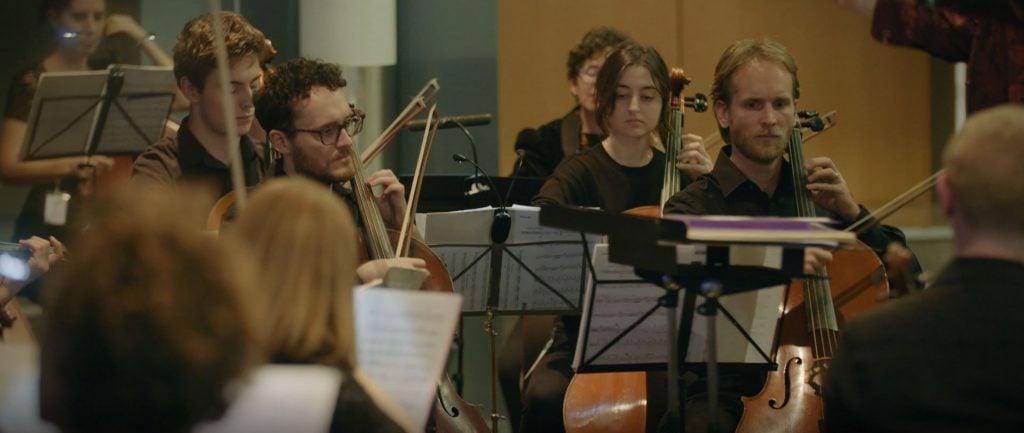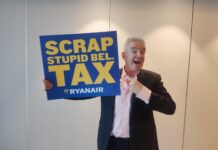
Now where have I heard that theme music before? The answer is it the music played as passengers board their British Airways flight and has been used on some of the carrier’s advertisements: Flower Duet, which featured in Delibes’ opera Lakmé.

To mark its centenary British Airways has released a new composition based on the famous piece of music, Flower Duet, which featured in Delibes’ opera Lakmé. The original version of the music will also be recognisable as it has featured in a number of adverts from across the airline’s history, and is also played in the cabin during boarding.
The new version has been composed by Lyndon Ooi – a quality engineer at British Airways – whose day job involves checking that British Airways’ aircraft are fit to fly from a technical perspective.
The reworked composition is made up of 10 variations representing 10 significant milestones in British Airways’ history. It rises, falls, speeds up and slows down to moments including the formation of Imperial Airways, the introduction of the new jet age, Concorde’s farewell and the opening of Heathrow Terminal 5.
A full video of the music being performed by the British Airways Orchestra, made up of 30 British Airways colleagues including Lyndon, has been made.
Other characteristics of the piece include:
- Years are used as bar numbers starting from 1919, the year Air Transport and Travel, the forerunner to British Airways, was formed
- The theme has been deliberately transposed from B major to G major so that the first two notes of the flower duet theme are ‘B’ and ‘A’ representing British Airways
- In variation IV, the BOAC (British Overseas Airways Corporation) version is ‘B’, rest, ‘A’, ‘C’. The cello plays ‘B’, ‘E’, ‘A’ (representing British European Airways) against this. Both BOAC and BEA merged to form the current ‘British Airways’ that customers know today
- The time signature of 7/4 in the bar 1971 represents the inaugural flight of British Airways’ first 747.
- The Concorde theme in bar 1976 – the year of the aircraft’s first commercial flight – involves climbing up two octaves and back down, signifying its ability to reach the speed of Mach 2 (supersonic speed)
- The end of the piece involves the entire current British Airways fleet of aircraft being represented by numbers on the diatonic scale. For example, 787 (the Dreamliner) and 320 (a popular short-haul aircraft) are on trills. As a look to the future, 350 comes in the final bar representing the A350 British Airways will receive later this year
Lyndon Ooi, the composer behind the music, who works as an engineer, said: “Music has been a passion all of my life – much like the excitement of flying and the experience of travel it communicates with people and speaks straight to their hearts. It was a real challenge to fit the entire 100-year history of British Airways into the piece but I’m really happy with the final result…and what a pleasure it was to perform it with my colleagues in the British Airways Orchestra.”
A film of Lyndon explaining his thinking behind the music has also been made.
In its centenary year, British Airways is hosting a range of activities and events. The airline is hosting BA 2119 – a programme that will lead the debate on the future of flying and explore the future of sustainable aviation fuels, the aviation careers of the future and the customer experience of the future.
The airline will be working with expert partners to identify BA’s 100 Modern Britons, the people up and down the country who are currently shaping modern Britain, and, of course, the year would not be complete without creating some special moments for customers – on and off board.
The centenary activity is taking place alongside the airline’s current five-year £6.5 billion investment for customers. This includes the installation of the best quality wi-fi and power in every seat, fitting 128 long-haul aircraft with new interiors, and taking delivery of 72 new aircraft. Last month the airline also revealed its new Business Class seat, Club Suite, and confirmed that it will arrive on the first of its A350 aircraft in July.
The link to the British Airways Orchestra Facebook page is: www.facebook.com/britishairwaysorchestra/




